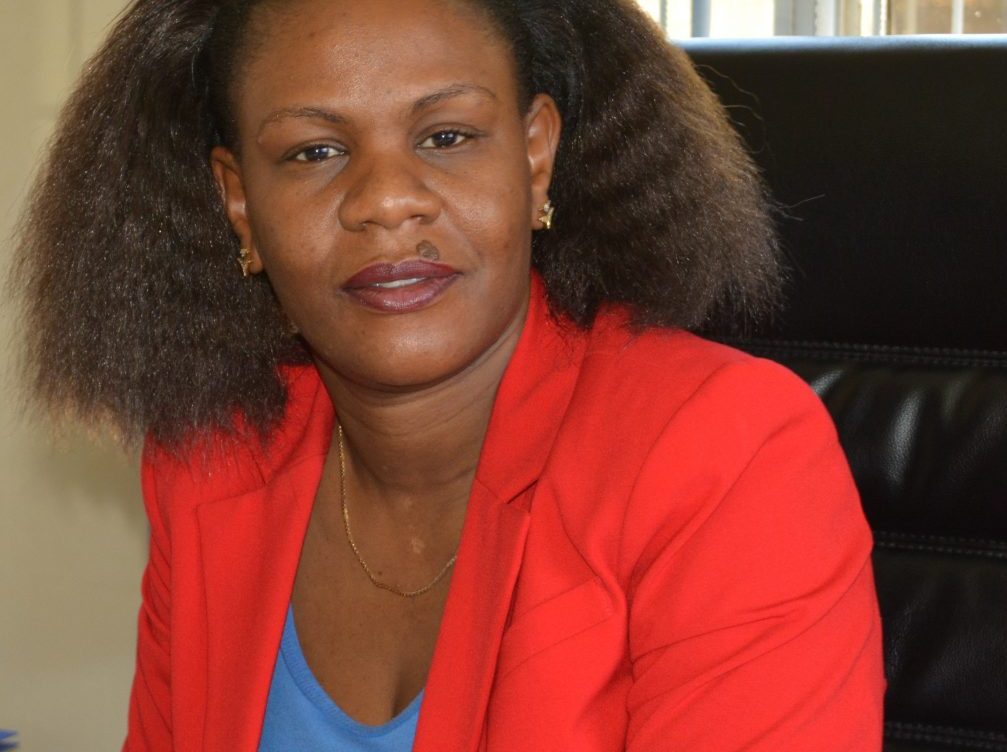
Creating the spaces for children to participate in development process
By Lilian Saka Kiefer
As Zambia commemorates Youth Day on 12th March 2018, particular attention must be paid to the concept of child participation.
Child participation comes across as a cliché as civic actors discuss children’s rights and the need to create paces for children’s participation in development processes. Over the years, the practice has been about activists speaking on behalf of children and amplifying the needs of children. However, it is becoming increasingly important to create spaces where children can be consulted and can express themselves. Many questions are asked as to whether children understand what affects them, and what is good or bad for them. Would for example children understand a national budget and how it affects them? The answer is: Yes. If children are adequately engaged and sensitised on various processes, they can understand how such processes affect them, and how they can effectively contribute to the discussion.
Of course, development processes are complicated and fragmented. They require special skills for people to understand, and get to a point where they can effectively and meaningfully participate. This is where our commitment to working for children gets tested. Do we see value in children’s participation? If we do, the challenge is on the table for us to take time and build capacities as well as set up platforms where children can participate.
Recently, Panos Institute Southern Africa (PSAf) engaged children form 5 districts of Zambia in a conversation, and asked them what they thought about participating in governance processes at local council levels. The children present in this meeting were excited and shared with us what they saw as opportunities for their participation in local government. Firstly, they said it would be great to learn what goes on in the council meetings. Secondly, it was enlightening for them to know that decisions at council level directly affect the welfare of children and they would be interested to sit at the table and see how decisions are made, what is taken into consideration as well as share their views about it.
In our efforts to drive this initiative of creating spaces for children to participate in decision-making, we have faced some challenges. One of the biggest challenges we have faced is that the attitudes of adult people are still that children need someone to think for them and speak on their behalf. Even when the thinking is done for them, there is no opportunity to get the children to validate what has been developed on their behalf. The result of this have been that children are still seen as insignificant players, and because they don’t have a platform to express their views, in most cases, they get overlooked and /or forgotten.
Creating spaces for children should be more than getting them into child rights’ clubs. It is about creating effective opportunities where these child rights clubs can engage with the decision-making processes for their communities. To get somewhere, there is need for a total change of mindset, to begin to realise that children are worthwhile contributors.
Through this process, PSAf has learnt that engaging children meaningfully and creating opportunities for them to participate leads to developing a sense of responsibility among children, that causes them to aim higher towards being productive citizens.
Currently, PSAf is lobbying various district and provincial councils to create platforms and spaces where children can participate in decision-making. PSAf is also working with media stakeholders, in particular community media, to create spaces for children to participate in production of media content that addresses the issues of children from a child’s perspective. We hope to increase value gained as children’s ideas as well as adults ideas about children’s welfare will cross-pollinate and achieve more.
What we invest in children today carries the promise of what our future will be like tomorrow. If children do not have access to platforms for participation, they are detached from the decisions we make today, and this detaches from shaping their future. We owe it to the future generations. Let’s all work together to secure a brighter future for ourselves.
The author is the Executive Director of PSAf. For feedback, email: lilian@panos.org.zm.